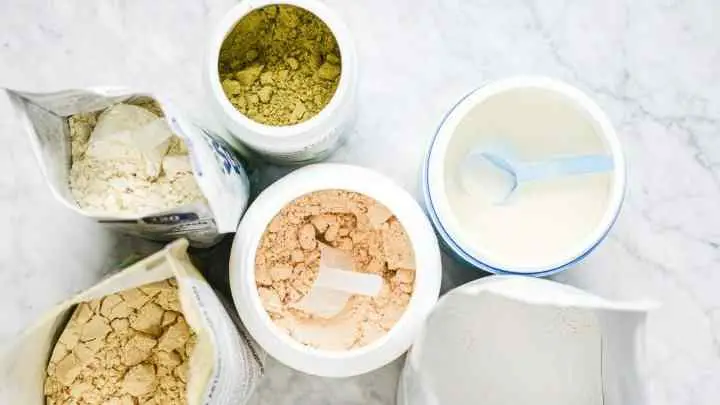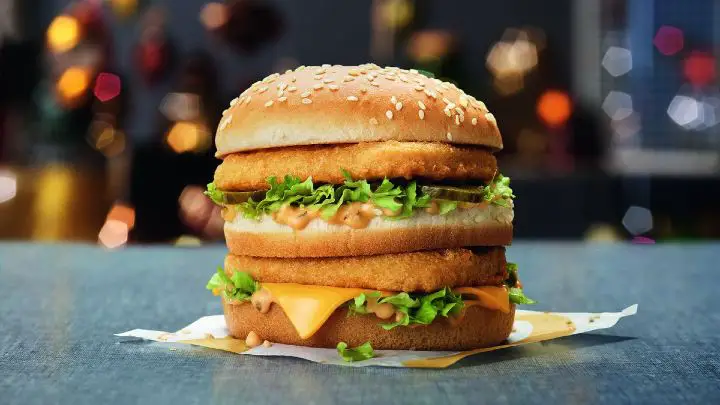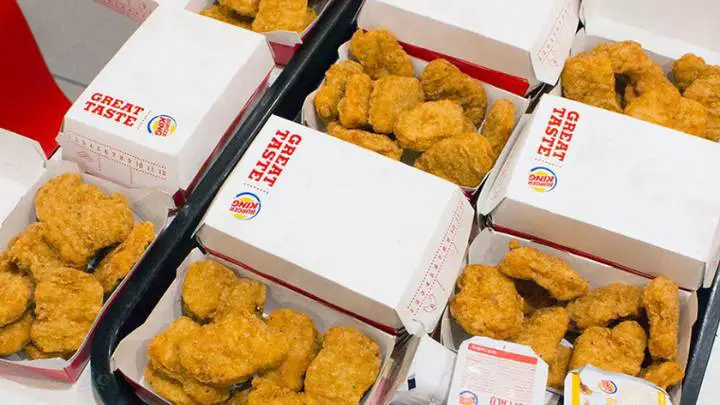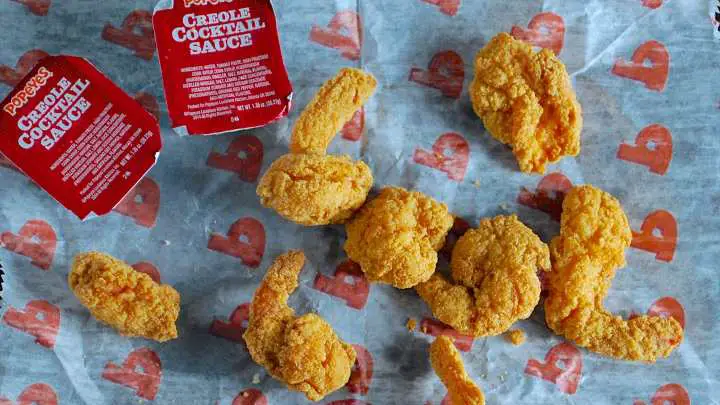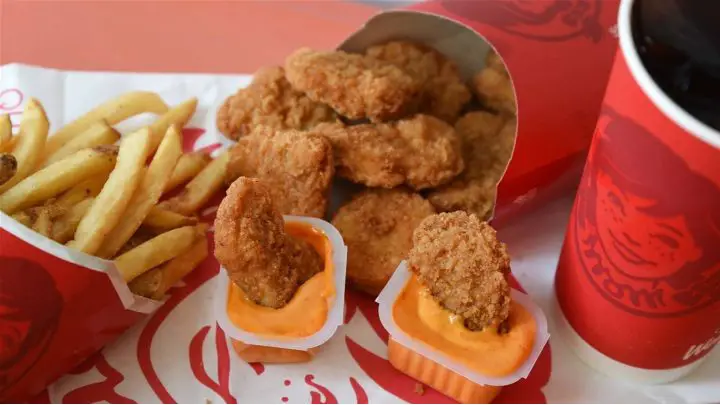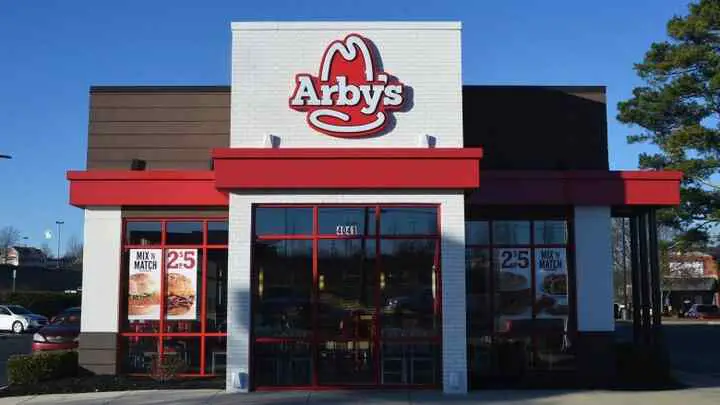As an athlete, you must have heard of protein powders while at the gym. You have probably even used one during your teenage years. When you come across a container of protein powder in your cupboard, you begin to wonder: Do protein powders go bad? Yes, it does.
Like every other food supplement, protein powder will eventually go bad. However, it will take a while for it to go bad. Keep reading to find out more information on protein powders, how to preserve them from going bad, and how to know if it’s bad.
SEE: Do Onions Go Bad? Here’s All You Should Know
What Are Protein Powders?
Protein powders are proteins obtained from plants that come in powdered forms. This protein is derived from plants like rice, soybeans, hemp, peas, eggs, milk, and others. Protein powders also contain other ingredients like sugar, flavorings, vitamins, and so on.
Protein powders are considered an easy and convenient source of getting high-quality protein. There are three common types of protein powders and they are whey, soy, and casein protein.
Whey is the most common type of protein powder as it is a water-soluble milk protein. It has several advantages because it is a complete protein and contains all nine amino acids the body needs.
However, soy protein is more popular among vegans even though it has quite an unpleasant taste. Aside from the unpleasant taste, it also doesn’t dissolve well in water.
Do Protein Powder Go Bad?
Yes, it does. Protein powders will eventually go bad, no matter how well you preserve them. However, you can use up your protein powder before it goes bad.
The expiration date on protein powders does not mean they will go bad on the date. The manufacturer simply wants you to know that the quality of the protein powder won’t be the same after the expiry date.
Most protein powders contain additives that can help to preserve them for a long time. Your protein powder can last up to 2 years or more, regardless of the expiration date.
SEE: Does Tofu Go Bad? The Answers You’ve Been Looking For
Does protein powder go bad if not opened?
Your protein powder will most likely not go bad until it has crossed its shelf life. The minimum shelf life of protein powder is 9 months. Once your protein powder reaches its expiration date, you should consider buying another one.
After the expiration date, the quality won’t be the same as it is meant to be and you won’t get as many nutrients as you should. If you don’t store your protein powder properly, it can still go bad before expiration, even if it’s not opened.
SEE: Get A Free Biscuit At Biscuitville
Does protein powder go bad after opening?
Yes, but not immediately. Your protein powder won’t go bad immediately after you open it. But the powder can expire and lose potency over time. If you store it properly and use it before the expiration date, the powder will remain fresh with its full potency.
Can protein powder go bad before the expiration date?
Your protein powder can go bad before the expiration date if you don’t store it properly. It’s important to store your powder properly after opening it to prevent it from going bad earlier than the expiration date.
Pay close attention to the looks and smell of the powder instead of monitoring the expiration date. How you store the powder also determines how long it will stay fresh before going bad.
Does vegan protein powder go bad?
Not preserving your protein powder properly can cause it to go bad quickly. However, consuming the powder within a few months of purchasing it and storing it in a cool place rules out the chances of it going bad.
The low-moisture content of a vegan protein powder is another good reason why your vegan protein will last for a long time without going bad.
Does egg white protein powder go bad?
Egg white protein powder will go bad if you don’t store it properly. The protein powders also last longer if you store them properly. The shelf life of egg protein powder is 2 years or more. This makes it possible to have and be able to use the protein powder for a very long time without worrying about it going bad.
What is the Shelf Life of Protein Powders?
Every protein powder has its own shelf life. The shelf life of your protein powder depends on what it is made of. Plant-based protein powders last longer than whey protein powders. Whey protein powders can last up to 9 – 19 months while plant-based protein powders can last up to two years.
If the protein powder contains additives that can help to preserve it, it is expected to last longer than 2 years. Once the powder goes beyond its shelf life, you will begin to see changes in the smell and taste. This will inform you when it’s time to get a new container of protein powder.
While unopened protein powder can last up to 2 years, opened protein powder may not. Once you open up the protein powder, its shelf life is determined by how well you preserve it.
Can You Eat Expired Protein powders?
You may be able to eat your protein powders even after the expiration date. As long as you store it properly and it does not have a weird look or taste, you can eat expired protein powder.
You may even be able to use it for months after the expiration date. The powder won’t go bad overnight as it takes time for the protein and carbohydrates in it to break down. However, the powder may go bad quickly after the expiration date if it contains fat.
Fat breaks down easily if too much air, heat, or moisture gets in the container of the product. This will make the product go bad and you won’t be able to eat it.
How to Tell If Protein Powder Is Bad
You will be able to tell if your protein powder has gone bad through the smell. If you notice any foul, rancid odor as you open up the container of the powder, toss it. Sometimes, You may not be able to tell by the smell as the powder may not produce any foul smell.
Another way to tell if a protein powder is bad is visible mold growth and buildup in it. Once the powder starts to go bad, it will begin to clamp up and grow mold. A protein powder will also taste funny if it has gone bad.
How to Preserve Protein Powders
- Keep the powder in the container it comes in. You can also store it in dark or opaque packaging that can protect the contents from light.
- Store the container in a cool dry place. You can place it in your cupboard or pantry as long as it is a dry spot.
- If you won’t use your protein powder for a very long time, you can freeze it.
- Don’t keep your protein powder on top of a refrigerator as the heat and humidity can reduce its shelf life drastically.
- Ensure that you use only a dry spoon or scoop to take out the quantity you need from the container. Allowing moisture into the container will cause the powder to clamp up and grow mold.
FAQs
What do protein powders do?
Protein powders are nutritional supplements that help to deposit necessary protein into the body.
This protein is responsible for building muscles, repairing tissues, and creating necessary enzymes and hormones. Protein powders may also aid weight loss and help you tone your muscles.
Is protein powder bad for you?
No, it isn’t. Protein powders are good for you as they have several nutritional benefits.
However, some protein powders contain sugar and other ingredients that are high in calories. This kind of protein powder can cause weight gain and drastically increase your blood sugar level. If you have a history of obesity, ensure that you check your protein powder thoroughly to avoid added sugar.
Conclusion
Yes, protein powders do go bad. However, this is not because of the expiration date, it all depends on the kind of protein powder you have, its shelf life, and how you preserve it. The reason why your protein powder may go bad quickly is the exposure of the powder to air, heat, or moisture.
Keeping the powder in its original container and storing it in a cool, dry place is the best way to preserve it. If you notice that the taste, smell, and look of your protein powder have changed, toss it.
Thanks for reading.
Was this guide helpful? Visit Cheffist to learn about the shelf life of your food supplements and how to preserve them properly.
